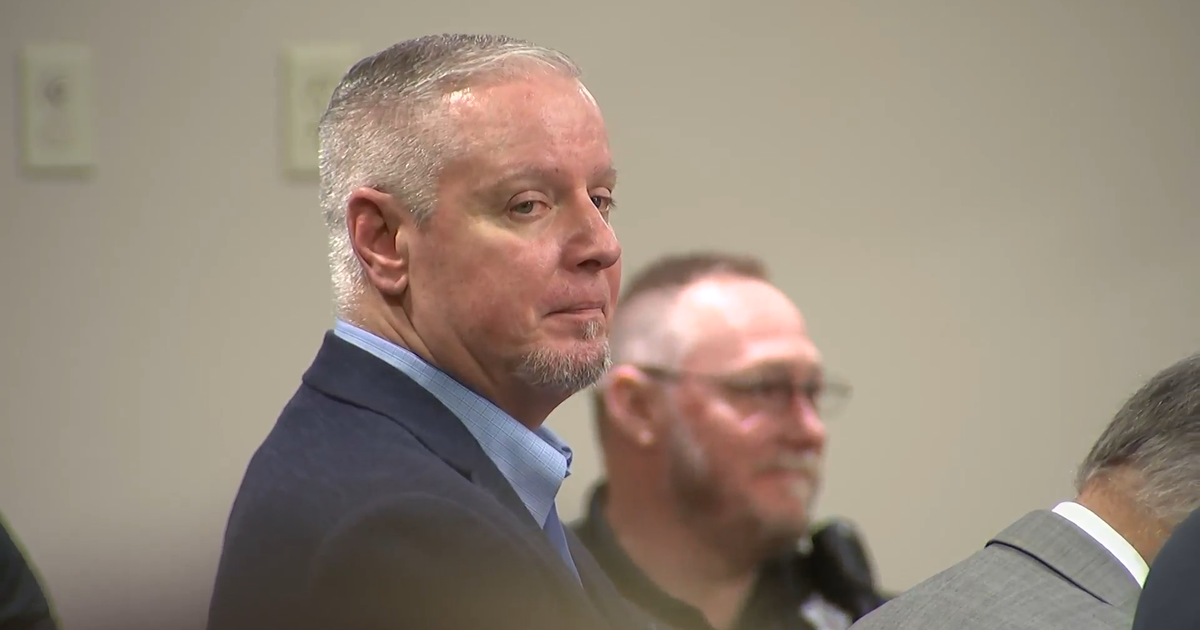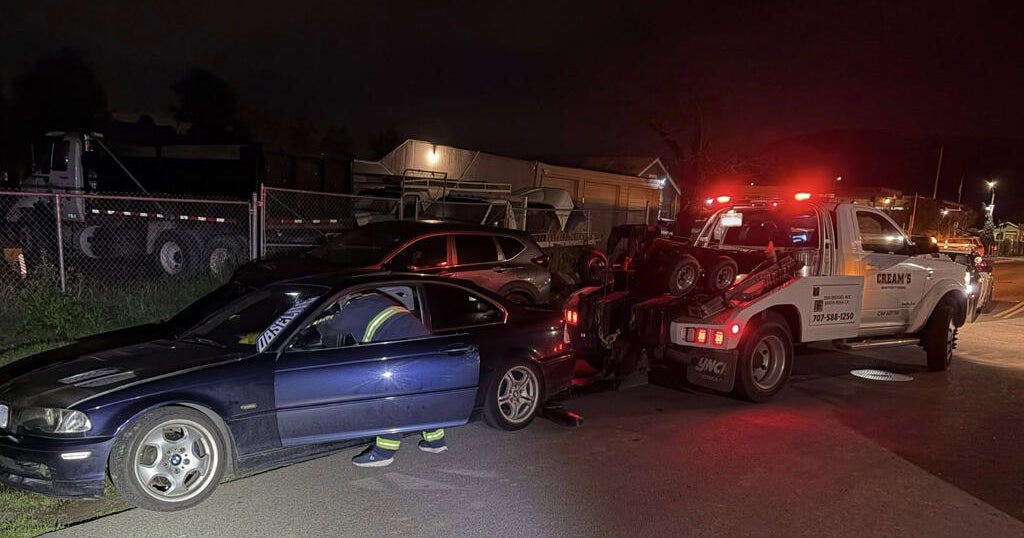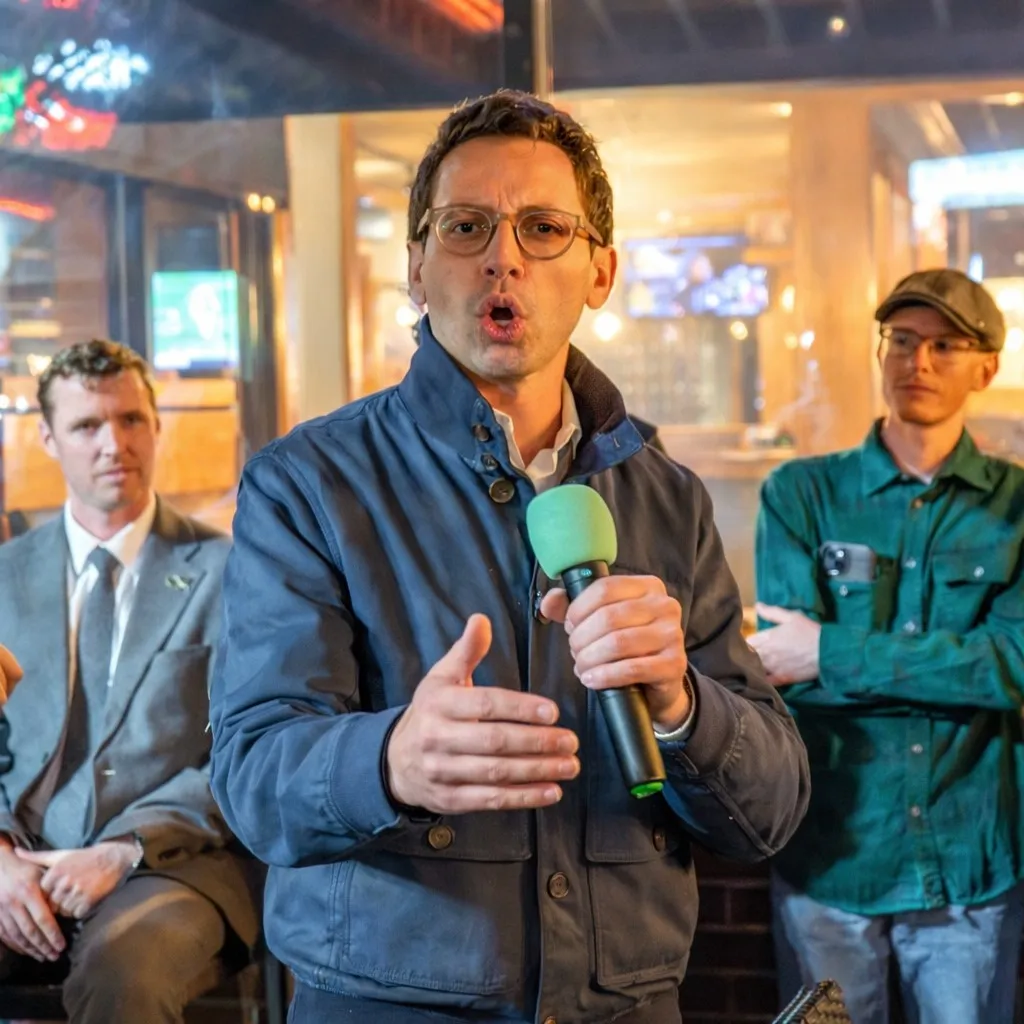2 pollsters killed, 1 kidnapped in Mexico; cartel message reportedly left with victims
Mexico's president said Tuesday that assailants have killed two workers who were conducting internal polling for his Morena party in southern Mexico.
President Andrés Manuel López Obrador said a third worker was kidnapped and remains missing. The three were part of a group of five employees who were conducting polls in the southern state of Chiapas, near the border with Guatemala. He said the other two pollsters were safe.
It was the latest in a series of violent incidents that illustrate how lawless many parts of rural Mexico have become; even the ruling party - and the national statistics agency - have not been spared.
The president's Morena party frequently uses polls to decide who to run as a candidate, and Chiapas will hold elections for governor in June.
Rosa Icela Rodríguez, the country's public safety secretary, said three people have been arrested in connection with the killings and abduction, which occurred Saturday in the town of Juárez, Chiapas.
She said the suspects were found with the victims' possessions, but did not say whether robbery was a motive.
Chiapas state prosecutors later issued a statement saying four suspects had been arrested on robbery charges, and that three of the four were Guatemalans. The fourth man is a Mexican citizen. It was unclear whether they may be charged later for the homicides.
Local media reported the two murdered pollsters were found with a handwritten sign threatening the government and signed by the Jalisco drug cartel; however, neither the president nor Rodríguez confirmed that. The Jalisco gang is fighting a bloody turf battle with the Sinaloa cartel in Chiapas.
The Jalisco cartel is known for producing millions of doses of deadly fentanyl and smuggling them into the U.S. disguised to look like Xanax, Percocet or oxycodone. Such pills cause about 70,000 overdose deaths per year in the United States.
Last month, nine members of the "Los Chapitos" faction of the Sinaloa cartel were sanctioned by the U.S. Treasury for fentanyl trafficking
Both the Jalisco and the Sinaloa cartels also operate in neighboring Guatemala, and both are believed to recruit Central Americans to work as gunmen.
The leader of the Morena party, Mario Delgado, wrote in his social media accounts that "with great pain, indignation and sadness, we energetically condemn and lament the killing of our colleagues," adding "we demand that the authorities carry out a full investigation."
Delgado identified the slain pollsters as Christian Landa Sánchez and José Luis Jiménez.
Dangers of political polling in Mexico
Rural Mexico has long been a notoriously dangerous place to do political polling or marketing surveys.
In July, Mexico's government statistics agency acknowledged it had to pay gangs to enter some towns to do census work last year.
National Statistics Institute Assistant Director Susana Pérez Cadena told a congressional committee at the time that workers also were forced to hire criminals in order to carry out some census interviews.
One census taker was kidnapped while trying to do that work, Pérez Cadena said. She said the problem was worse in rural Mexico, and that the institute had to employ various methods to be able to operate in those regions.
In 2016, three employees of a polling company were rescued after a mob beat them bloody after apparently mistaking them for thieves.
Inhabitants of the town of Centla, in the Gulf coast state of Tabasco, attacked five employees of the SIMO Consulting firm, including two women and three men. Three of the poll workers, including one woman, were held for hours and beaten, while two others were protected by a local official.
The mob apparently mistook them for thieves. The company denied they were involved in any illegal acts.
In 2015, a mob killed and burned the bodies of two pollsters conducting a survey about tortilla consumption in a small town southeast of Mexico City. The mob had accused the men of molesting a local girl, but the girl later said she had never even seen the two before.




